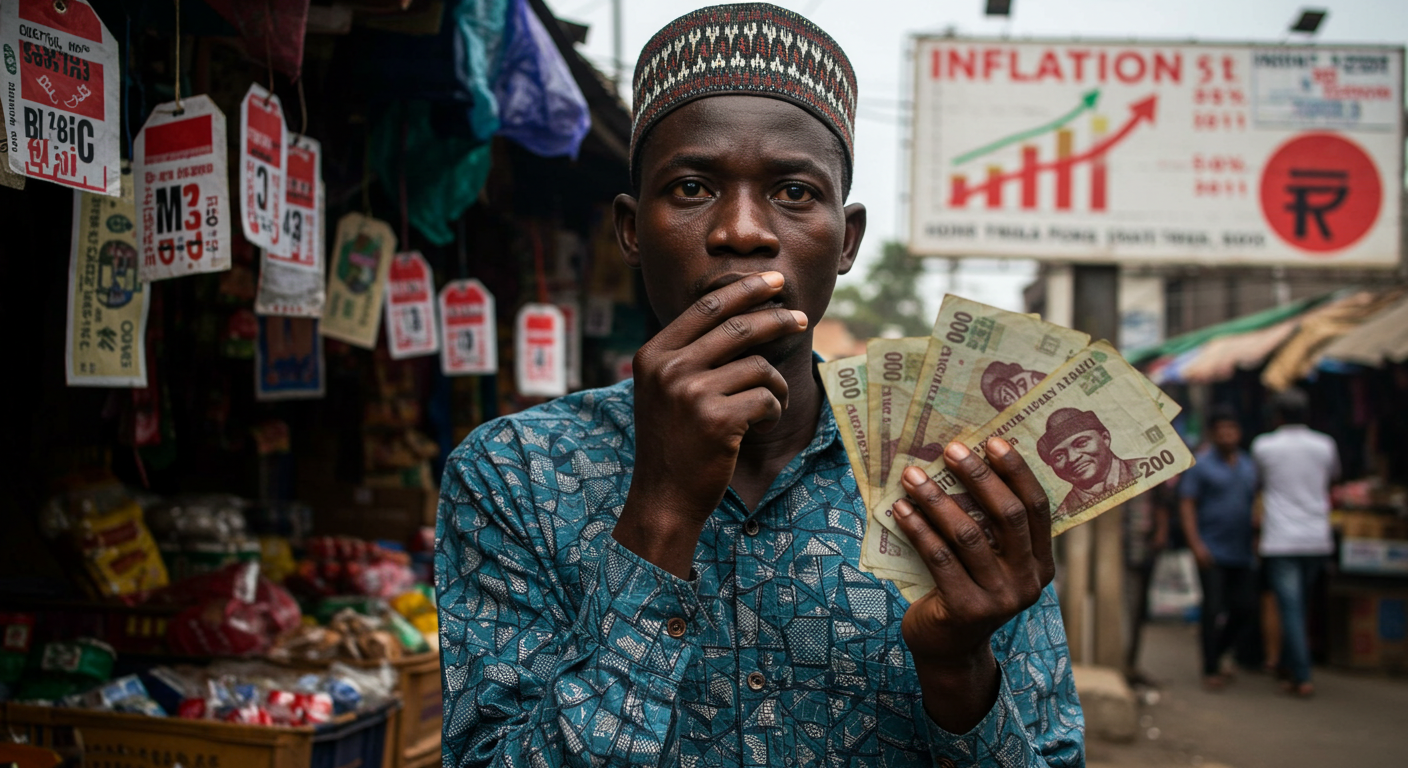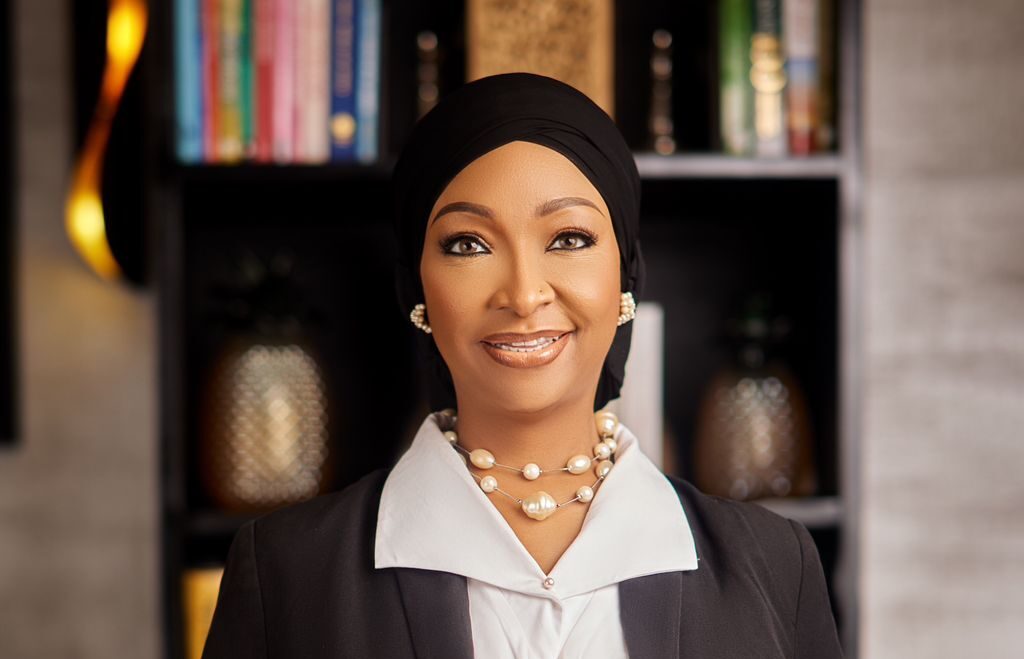In an increasingly linked world, the repercussions of global economic conflicts have spread far beyond their origin. In April 2025, worldwide consumer confidence fell sharply, with the GfK Consumer Confidence Barometer reporting a troubling four-point dip, putting the total index score at -23, the lowest level recorded this year.
While most of the discussion has focused on Western markets, the quiet but considerable impact on Nigerian consumers has gone virtually overlooked. The latest tariff dispute, along with the persistent price pressures and currency uncertainty, has increased consumer worry both worldwide and domestically.
According to the GfK research, results showed that expectations for the general economy in the next 12 months fell by eight points to -37, a stunning 16 points worse than in April 2024. A similar feeling, however, underreported, has been brewing in Nigeria’s economic environment.
According to the National Bureau of Statistics (NBS), Nigeria’s inflation rate increased to 33.2% in March 2025, up from 31.7% in February. Food inflation, which is a key driver of consumer mood in a growing country like Nigeria, peaked at 40.01%. These results represent the same level of pessimism seen worldwide, implying that Nigerian consumers are dealing with an as, if not more, stressful environment.
Major measures of consumer strength have eroded, including buying power, savings rates, and confidence in future financial stability. While GfK reported that large purchase intentions internationally declined by just two points in April, the situation in Nigeria has been more concerning. According to industry data, non-essential goods purchases fell by roughly 18% year on year in Q1 2025, as discretionary spending shifted to needs like food and transportation.
Nigerian households have increasingly taken a protective economic position. The Central Bank of Nigeria (CBN) Monetary Policy Committee recently noted that savings rates were somewhat improving as consumers prioritized financial resilience above spending. This reflects a minor increase in GfK’s global savings index, which jumped by 30 points.
The intricacy of Nigeria’s consumer confidence narrative stems not simply from macroeconomic headwinds but also from emotional exhaustion among individuals who have weathered years of economic turmoil. The devaluation of the naira, rising gasoline prices as subsidies are removed, and intermittent policy adjustments have made long-term financial planning nearly impossible for the typical Nigerian.
Read also: CAC gives 6-week ultimatum to unregistered businesses
Brands and marketers are at a critical tipping point. Traditional techniques based on desire and lifestyle stories may no longer be effective. Instead, there is an increasing need for narratives based on comfort, empathy and actual value. According to Neil Bellamy of GfK, troubling economic storylines have made customers feel vulnerable, and businesses that display empathy and provide answers will be better positioned to promote loyalty.
This idea is very pertinent for Nigerian marketers. There is an urgent need to shift towards authenticity, creating advertising that reflects customers’ economic reality while giving hope based on attainable results. Brands must find methods to overcome the rising trust gap, whether through inexpensive innovation, flexible payment options, or loyalty programs that reward restrained spending.
It has become clear that economic sentiment is no longer just an abstract indicator recorded by economists; it is a live, breathing force that influences consumer behavior in real time. Ignoring it might prove costly. Addressing it, however, may redefine market leadership for firms that are prepared to adapt to the new reality.
In these unpredictable times, the companies that listen the most will prosper, rather than those who yell the loudest.







Comment
No comments found.